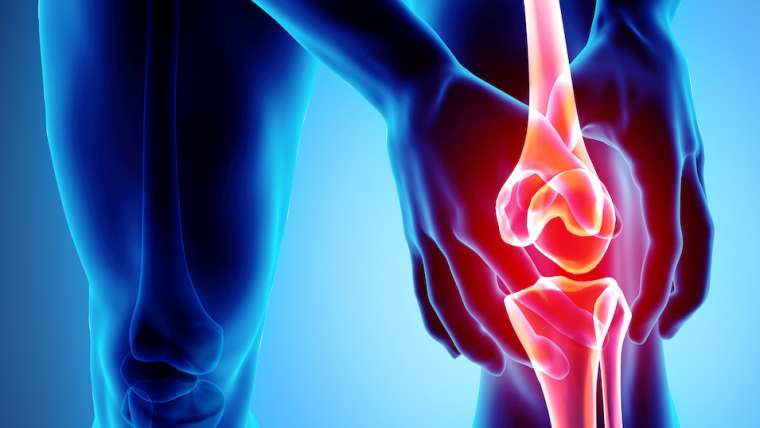Magnesium deficiency and symptoms
Magnesium is an alkaline macrominral that functions as an electrolyte, a critical nutrient for heart and cardiovascular support. Magnesium is involved in over 300 enzymatic reactions, vital for producing ATP, the fuel for every cell in your body. Magnesium with Potassium is the principal intracellular cation, electrolyte, that conducts a positive electrical charge.
less than 2% of Americans have been experience magnesium deficiency, magnesium deficiency can range from dietary intake or loss through disease processes like diabetic, digestion issues (IBS, leaky gut syndrome, celiac disease, poor absorption, chronic diarrhea).
In one study suggested that up to 70% population are not meet their daily intake magnesium.
Magnesium may help to prevent Heart Attack and reduce the likelihood of death following a Heart Attack:
Severe Arrhythmias may occur as a result of Magnesium deficiency – extreme Magnesium deficiency may result in lethal Arrhythmias and Tachycardia in heart disease patients.
Magnesium may prevent Atherosclerosis functioning as a Calcium-Channel Blocker and thereby increasing the solubility of Calcium.
Magnesium Sulfate, Epsom Salts, is an excellant laxative for Constipation it reduces the normal absorption of Water from the Intestine, causing Bowel Movement.
Most Diabetes Mellitus patients are found to be deficient in Magnesium and Insulin Resistance may occur as a result of Magnesium deficiency , which can lead to Diabetic.
Magnesium may increase HDL and lower serum LDL level and inhibit the oxidation of LDL Cholesterol.
Magnesium is involved in the health of Bones 64% of the body”s Magnesium is concentrated in the Bone.
Magnesium deficiency within Muscle cells is speculated to be a factor in the development of Fibromyalgia. 26% of the body’s total Magnesium is stored in muscle and the role of Magnesium in the Muscles is to ensure that sufficient Oxygen is delivered to the muscle. Magnesium is also required for muscle movement and for the transmission of Nerve Impulses to the Muscles.
Magnesium may improve the quality of Sleep when consumed just prior to bed time.
Magnesium may Interfere with these Substances
Excessive Magnesium may inhibit the release of Acetylcholine.
Excessive Magnesium may deplete Calcium as Magnesium competes with Calcium for absorption – the Magnesium:Calcium ratio should be 1:2 consumption of Magnesium above this ratio causes the excretion of Calcium.
Supplemental Magnesium should not be used at the same time as Tetracyclines (as Magnesium may interfere with the absorption and effectiveness of Tetracyclines) Pharmaceutical Drug.
magnesium deficiency can cause
- muscle spasms
- Calcification of arteries
- Anxiety
- Depression
- Blood pressure
- Bone health
- Sleep
Food that have high Magnesium
- dark chocolate
- Mackerel
- Tuna
- Salmon
- Halibut
- Almond
- Brown rice
- Avocado
- Yogurt
- White beans
- Spinach
- Swiss chard
- Tamarind
- Potato with skin
- Okra
- Edamame
- Insulin Resistance - March 10, 2021
- prostate – Enlarged (BPH) - November 25, 2020
- Probiotics - October 31, 2020


